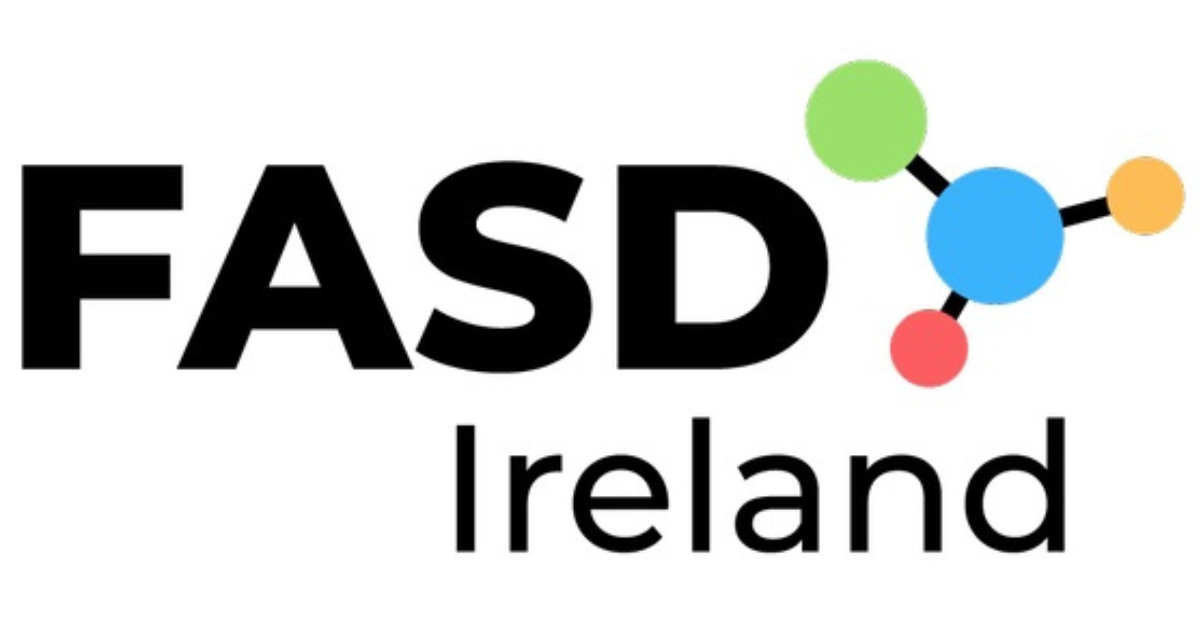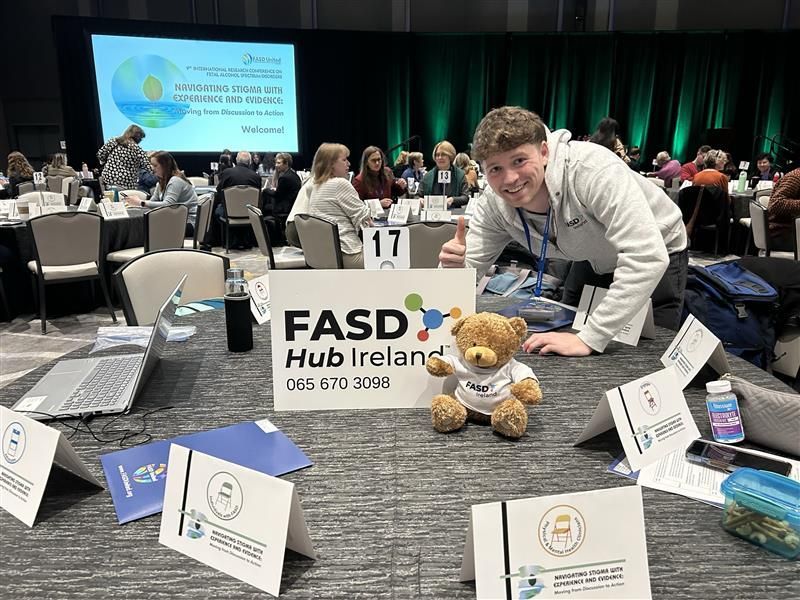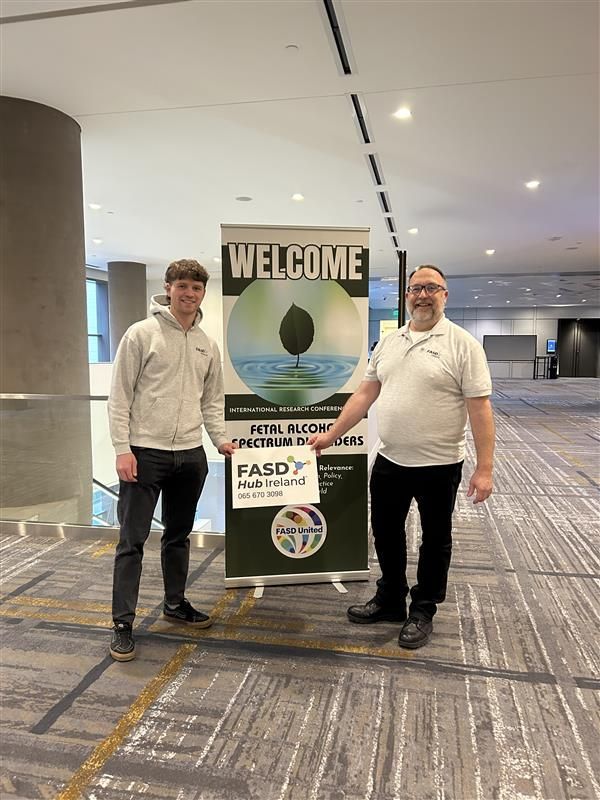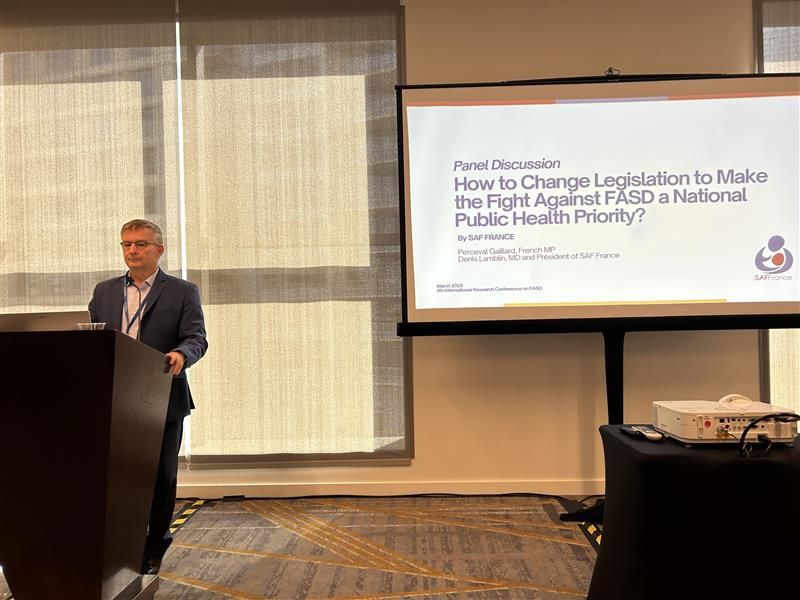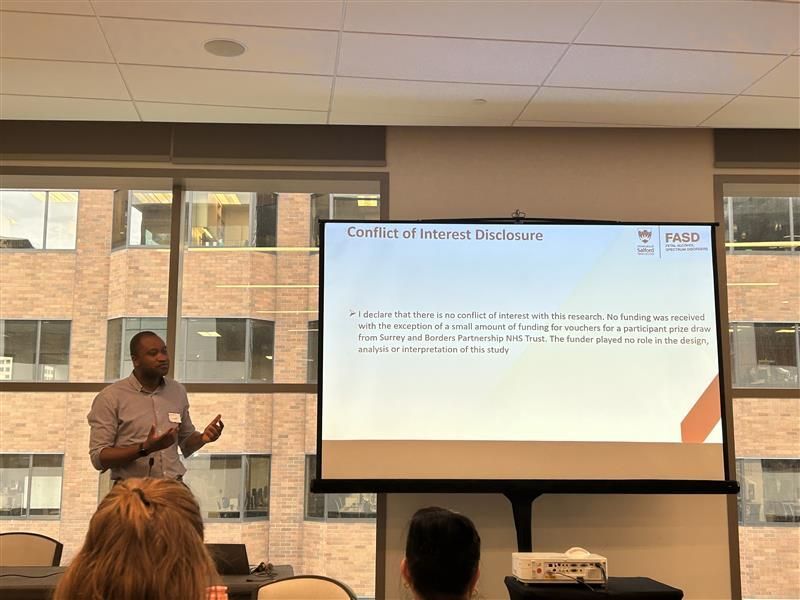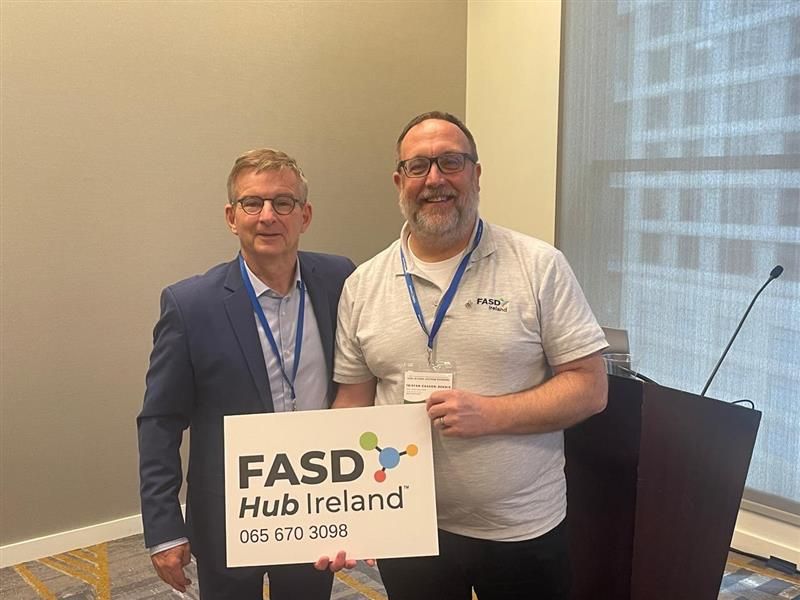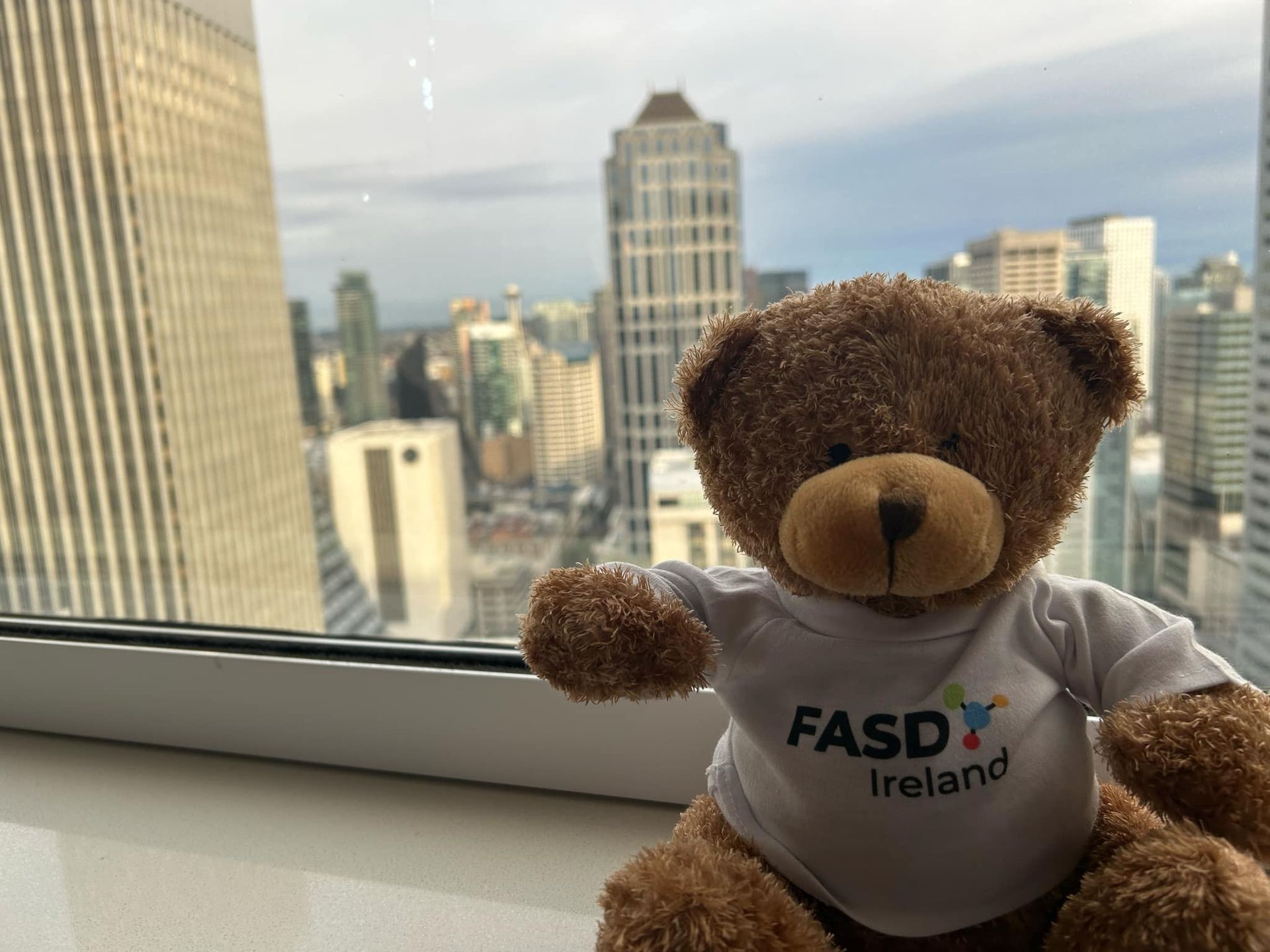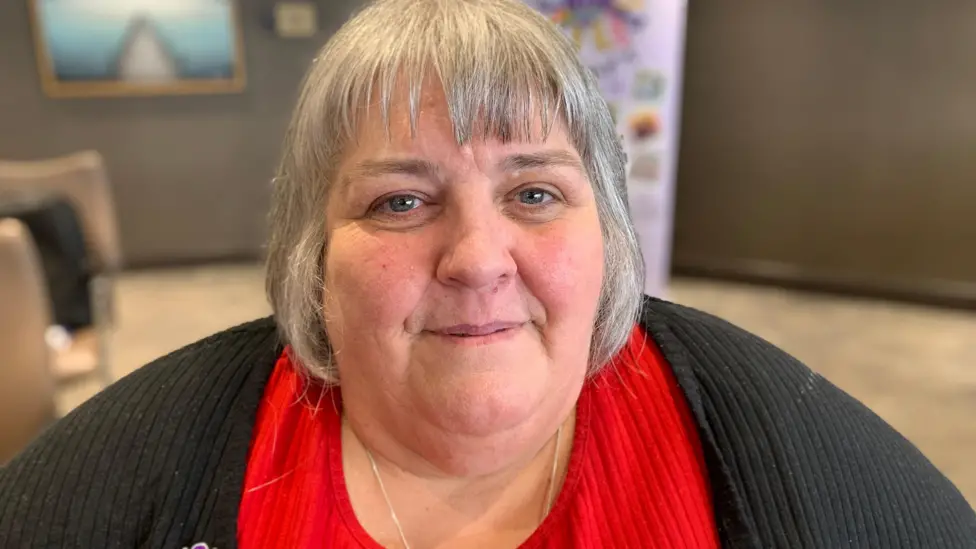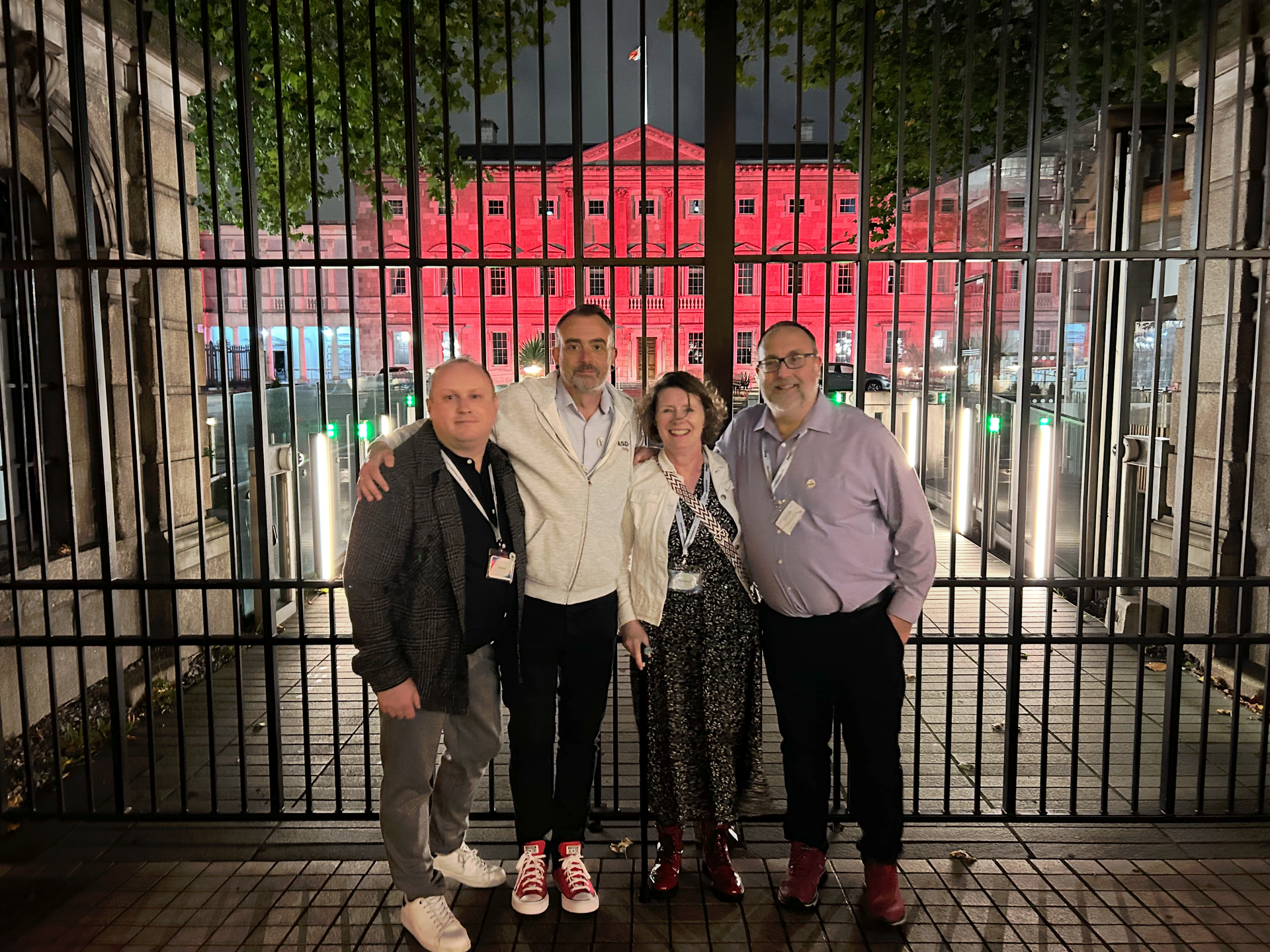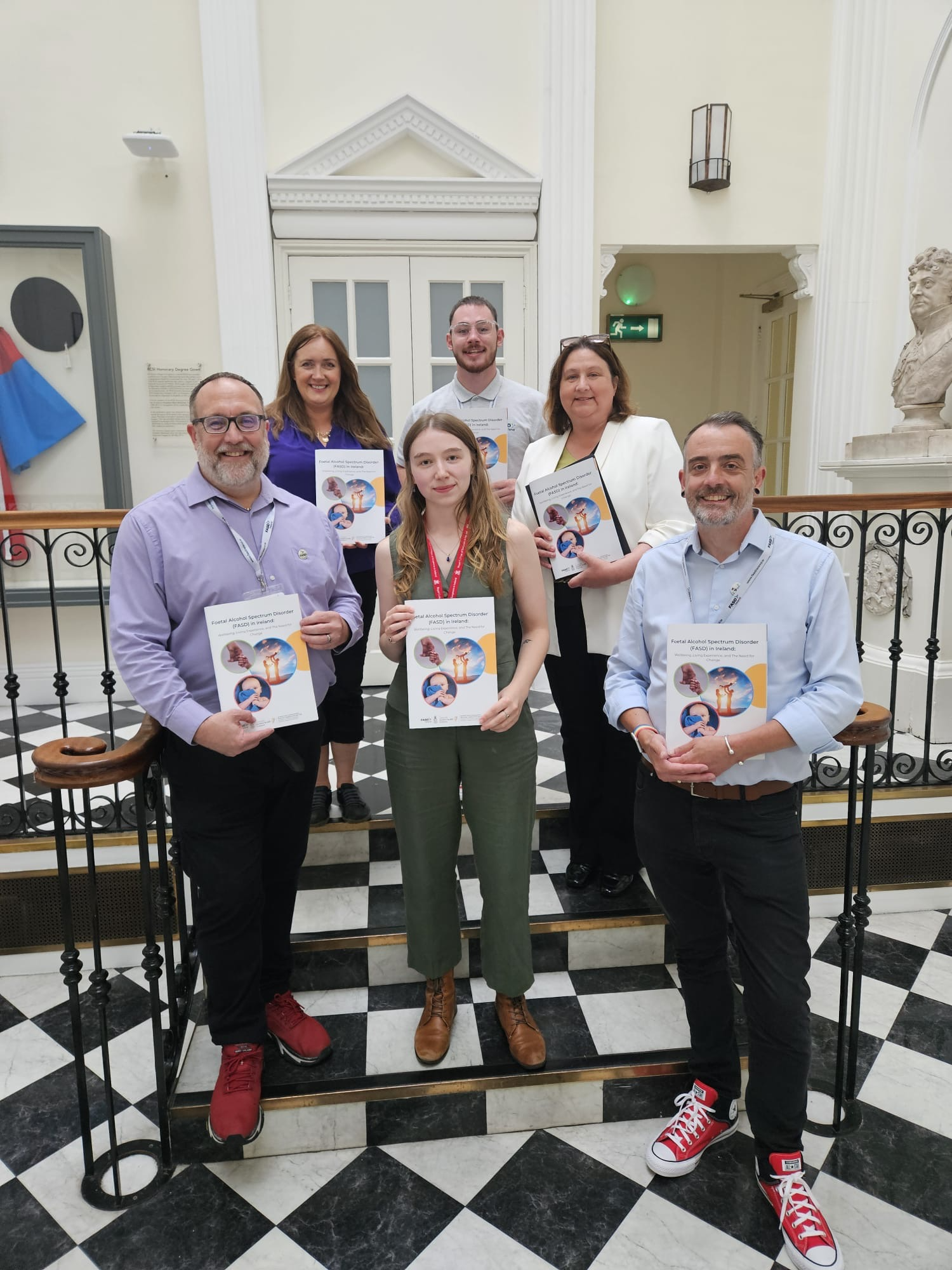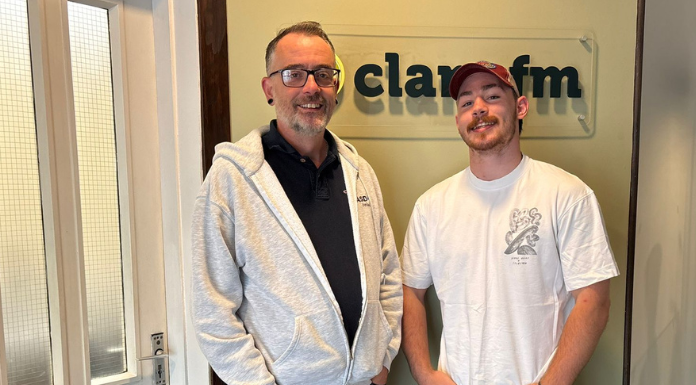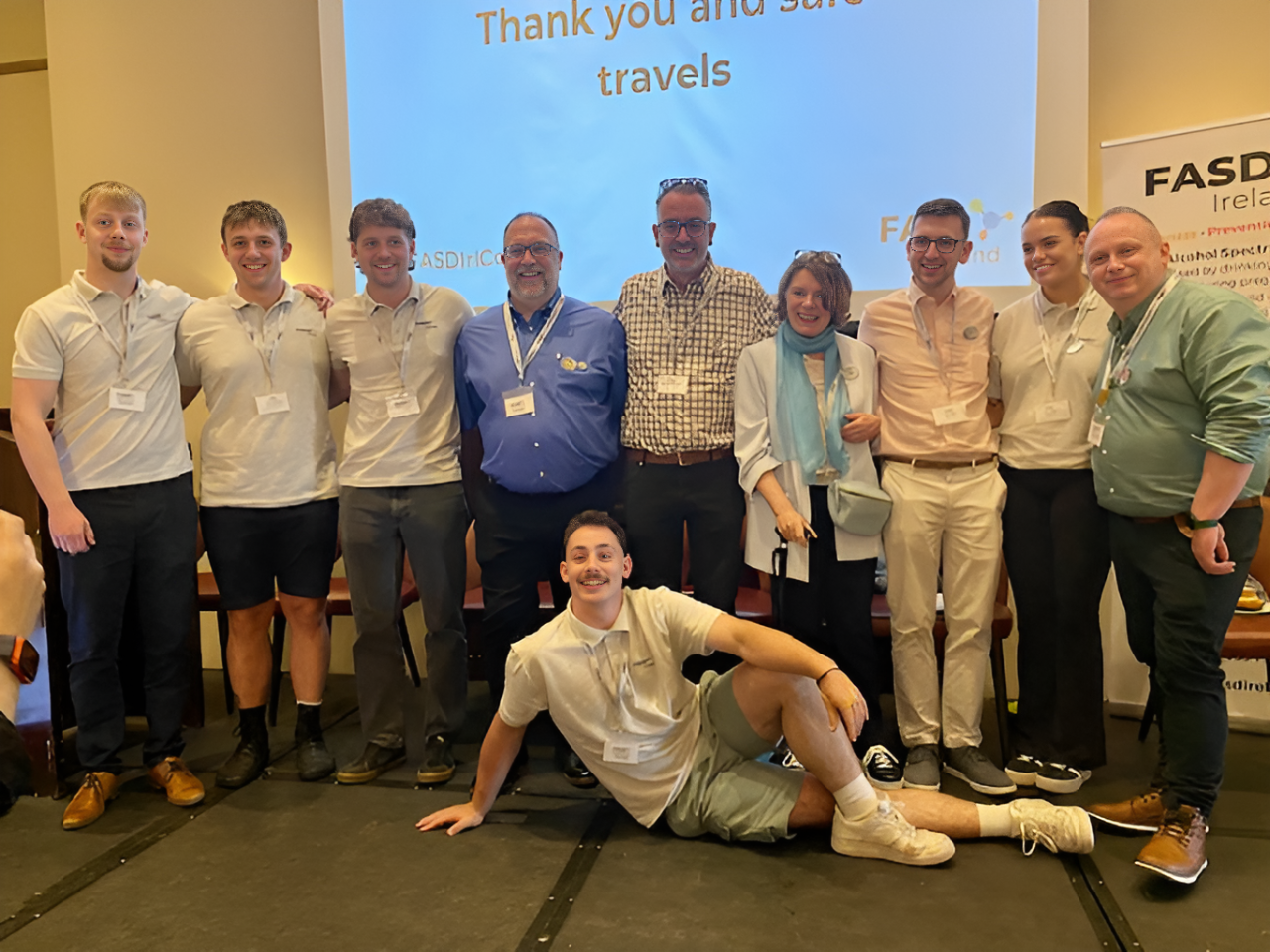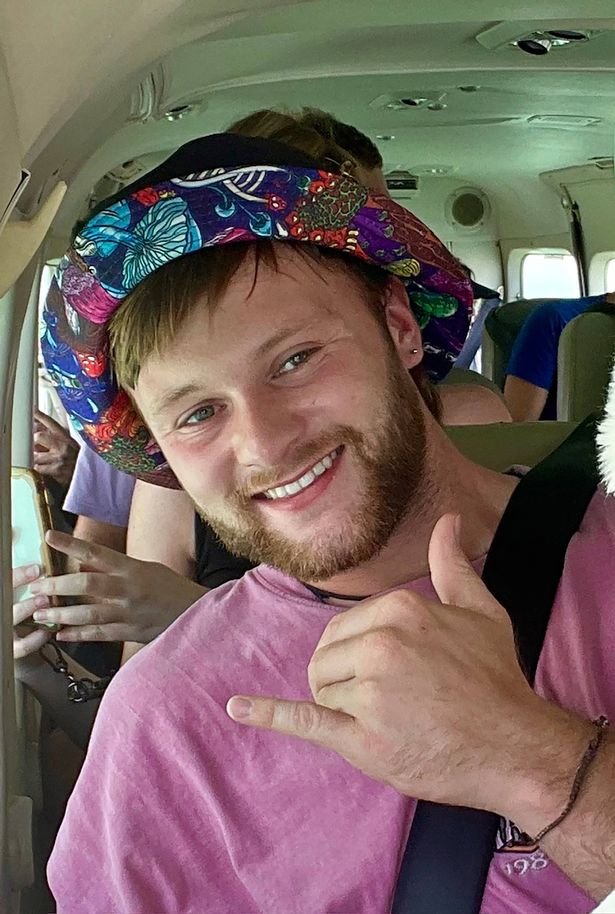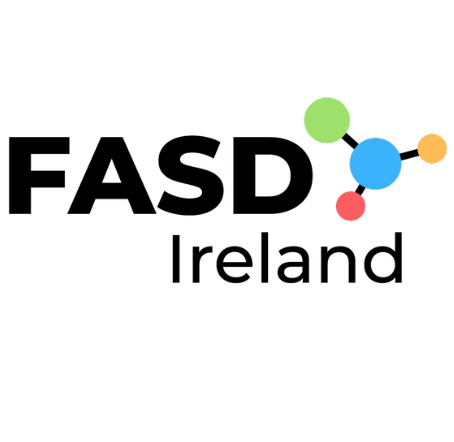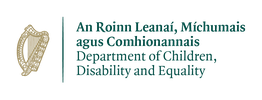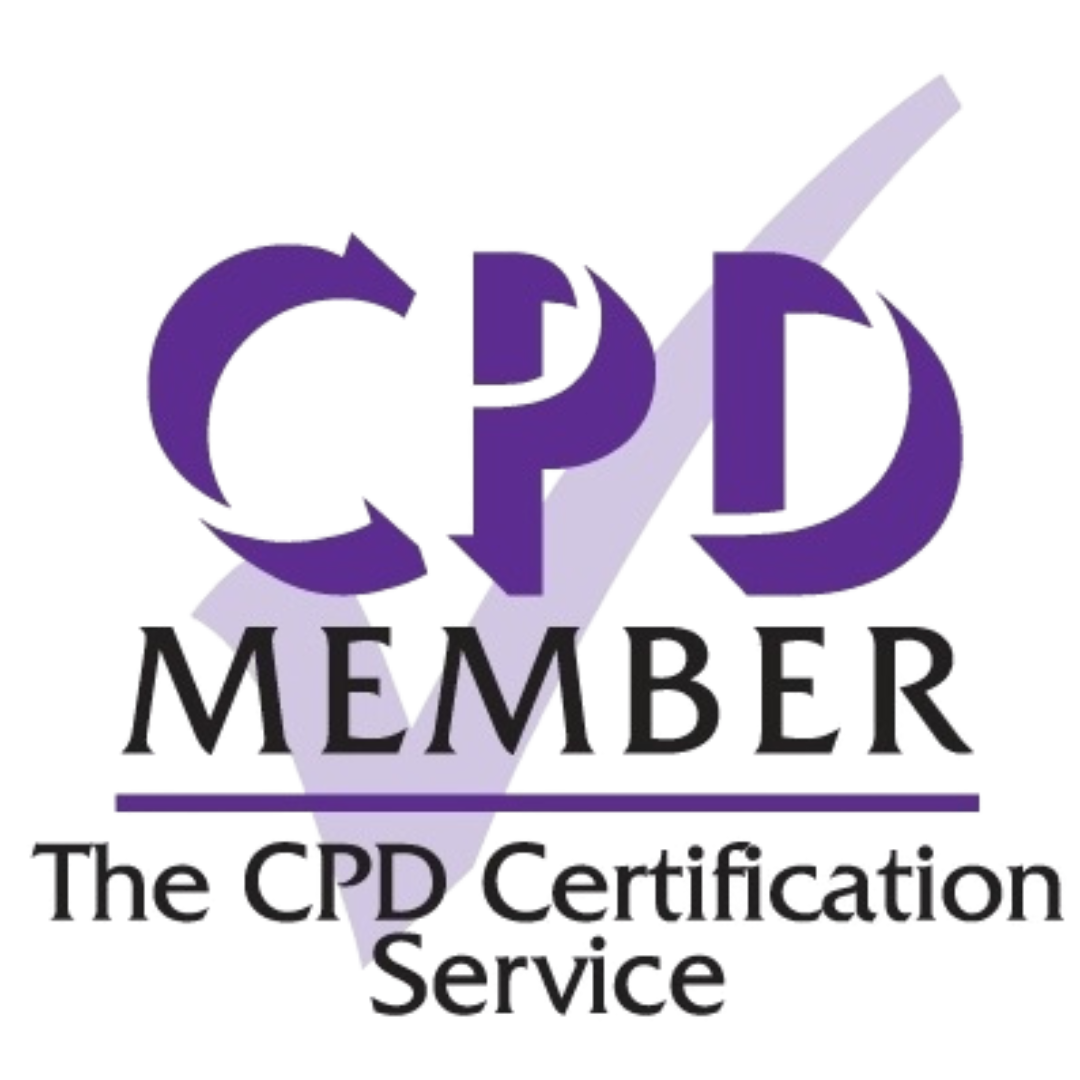BLOG POST: 9th International Research Conference - Seattle, WA
In this Blog post - our Policy & Research Coordinator, Rob O'Connell shares his experience of attending the event.
I was privileged to attend the 9th International Research Conference on Foetal Alcohol Spectrum Disorders, Research, Results and Relevance: Integrating research, Policy, and Promising Practice Around the World. The conference was held at the Hyatt Regency hotel in Seattle, Washington, U.S.
The conference was attended by over 300 guests, including; Researchers, Health Care Professionals, FASD Experts, Parents/Care Givers and of course Self Advocates/Advocates of people living with FASD. For my first time in America, it was certainly a whirlwind of a week! I went to this conference which was in fact my second specifically about FASD.
I was just as excited as 2 years ago when I attended the Salford Conference. My plan was to learn as much as possible to bring back to the team and share the knowledge with the team which we could then use with FASD Ireland and support people with FASD living in Ireland.
The conference ran over five days, and proved to be invaluable to us as an organisation, with so many networking opportunities I had the pleasure of speaking with so many hardworking and interesting people who all play such a vital role in the global FASD community.
The week 'started' in the middle of the week! With session on Wednesday 19th March and the theme 'FASD and the Justice System'. Key takeaways from the morning session include:
- Testing for Executive and Adaptive Functioning is much more important than testing for IQ as we know people with FASD can have quite a high IQ but dysfunction in the domains of Executive and Adaptive Functioning can result in “the perfect storm” for committing an offence.
- Brain Imaging and highlighting the extent of damage alcohol exposure causes to the brain is being used as hard evidence in U.S. courts.
- Canada have created an FASD Court, which is providing diagnosis for youths prior to sentencing resulting in a full assessment of the child and more suitable sentencing being put in place that suits the needs of the person instead of “setting the person up to fail”. The court has found success from being non-judgemental, taking the birth mother being affected too into account and also having an understanding the issues facing those who support the youth.
Key takeaways from the afternoon session include:
- Neuropsychological testing is to be the first step in diagnosis.
- Adaptive assessment is critically important, assess if the person being assessed can do it independently without any prompting or questions.
- In supporting the child the environment around the child has to change not the person.
- Professionals working in defence have capped the age 25 and under as being a “youth” due to this being the age a neurotypical brain will generally have matured by.
- In the case of FASD, age does not matter Suggestibility and gullibility can occur.
- People with FASD can have a “Cloak of Competence” coming from an ability to mask and learn from other people. However even though this is the case there is a lack of an in-depth understanding of risk awareness and poor social intelligence.
On Thursday 20th March we attended the pre-conference day on Navigating Stigma with Experiences and Evidence: Moving from Discussion to Action. Thursday was all about stigma! It was an interactive day with lots of group discussion work which was also really valuable to network and get to know people! We talked about the strengths of people with FASD including perseverance, connection and empathy as well as how the dominating message in the U.S. around FASD is dehumanising so we need to look for what people with FASD can do not at the deficits.
In the group sessions, we were asked to brainstorm in groups actions that we could each take to tackle stigma around FASD at the Individual, General Public and Systemic levels. We compared what had worked well in other stigmatised conditions like HIV/AIDS and suicide and how they helped to raise awareness globally and subsequently destigmatise these areas that were once so heavily stigmatised.
Friday 21st March was the first full day of the Research Conference, the days was still reflecting on the previous day in that much of the research being presented and that has been completed is further destigmatising FASD due to creating a better understanding and raining a higher level awareness of the condition in all areas of society from the professionals who diagnose the condition to the people who support those living with FASD to those living with FASD. The next 3 days were each divided into plenary session and breakout sessions with such advanced and valuable information being shared including:
- A full breakout session the advancements Victoria and New South Wales, Australia have made in providing diagnosis and aftercare for people with FASD in their FASD Clinics as well as the impressive progress that has been made by the Australian Government through policy change and support.
- FASD and Autism was an interesting topic discussed and how the needs of the children can be comparable in some contexts but there is a need for ASD and FASD specialists to be cross trained to fully understand the differences between both.
- There were some really moving talks over the weekend from people with direct experience of either living with or caring for somebody with FASD. Friday afternoon opened up a can of worms as Carl Young spoke about his struggle with various conditions at mid-life due to his PAE.
- Finishing with a brief overview of the international perspective on what is going on in Mexico, Poland and Kenya in relation to FASD. It was really interesting to hear from these different perspectives and to get a better understanding of what is going on in other countries other than Ireland, and other English speaking countries who, let’s face it, are a lot more ahead of us! But one thing is for sure, we ARE all or HAVE all faced the same difficulties on our journeys.
Saturday 22nd March was all about research! My favourite! It included an overview of some of the recently Collaborative initiative on Foetal Alcohol Spectrum Disorders (CIFASD) research projects. These projects are international with researchers from all over the world working on them but most of the research is coming out of the U.S. and Canada. CIFASD has over 400 publications and some of the research discussed included:
- Cellular and molecular mechanisms underlying alcohol-induced congenital heart defects in a zebrafish model from Olivia Weeks.
- microRNAs as biomarkers of exposure and risk for neurodevelopmental outcomes from Amanda H. Mahnke
- Effects of prenatal alcohol exposure on self-report of medical illness later in life from Claire D. Coles
- Using novel brain imaging tools to better understand development in youth with FASD.
- BRAIN-online: An online assessment of cognition and behaviour in FASD from Sarah Mattson
- Using 3D imaging to identify FASD-associated facial dysmorphism across the lifespan from Michael Suttie
- Comparison of methods for physical evaluation of dysmorphology in FASD from Miguel del Campo.
- Combined transcranial direct current stimulation and cognitive training as an intervention for children and adolescents with FASD from Jeffrey Wozniak.
- Extending access to care for people with FASD across the lifespan using smartphone and web applications from Christie L. M. Petrenko and Christian Tapparello.
Saturday’s lunch was spent listening to SAF France give a presentation on How to change legislation to make the fight against FASD a National Public Priority by French MP Perceval Gaillard and SAF France (the French organisation for FASD).
The afternoon was spent listening to more valuable information on the specialists experiences of FASD clinics in relation to Speech and Language Therapy, Assessment tools and how the clinic can work with the government. I also attended an interesting session on the Genetics associated with FASD.
The last and final day, Sunday 23rd March was probably one of the interesting talks I have ever been at, Paternal drinking and the epigenetic influences on mitochondrial function, child health, and FASD by Michael C. Golding. His research considers the paternal contributions to health outcomes of the child but not just through alcohol exposure but to everything including other substances, stress and diet. Essentially how the environment of the father will result in positive or negative outcomes post conception and as a general thought;
Physically and Mentally Healthy Parents = Physically and Mentally Healthy Children.
I also attended a session given by some parents and carer’s of children living with FASD and it was quite insightful to have their experiences shared. There was also a crew from University of Salford who attended, with Dr Alan Price presenting the Salford parents and carers education course called SPECIFIC.
The day finished with some more interesting chat about the difficulties people with FASD can go through as well as the interesting research being done, modifiable lifestyle factors to support neurodevelopment in individuals with FASD. And last but not least the famous Starfish awards were presented with Leanna from South Africa taking home the prize thanks to some very inspiring work she has been doing in South Africa for quite some time as a paediatrician in an FASD clinic in South Africa!
The conference went super and I really enjoyed it! the days were long but there was so much valuable information learned and we met so many amazing people. The professionalism from all the staff at FASD United is also worth a shoutout and may put us under a bit of pressure to perform to their standards on 22nd May in our first FASD Conference.
